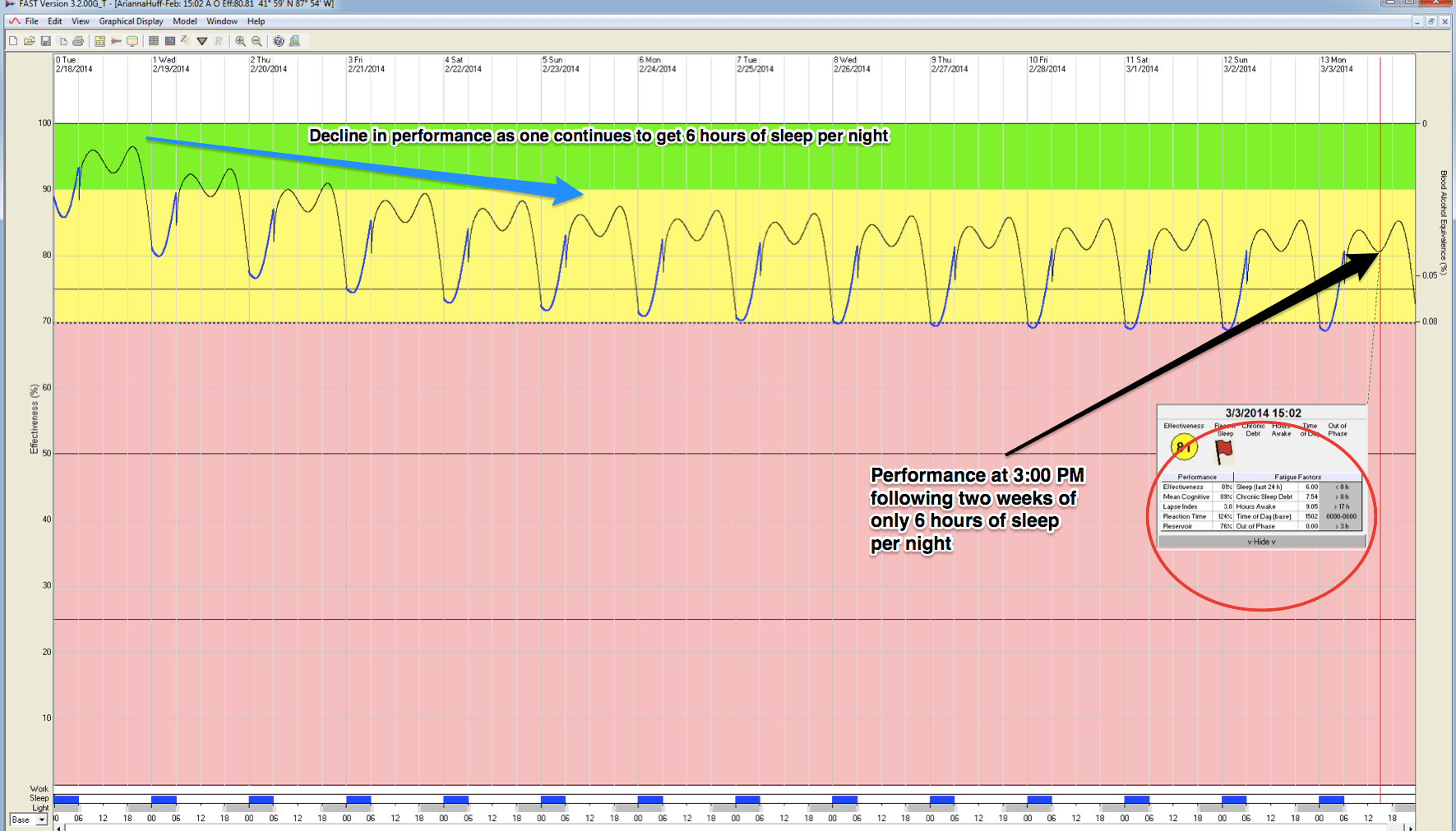Coaches and trainers have long known the importance of player sleep to game performance and recovery, but for high performance athletes fatigue management is not as simple as just going to sleep for eight hours a night. Heavy training schedules, team travel, time zone changes and individual sleep challenges all impact an athletes ability to get quality, consistent sleep. Diet and exercise can be manipulated to ensure that athletes are optimally prepared for game time and increasingly, coaches are starting to look for ways to control another variable in a more scientific way – player fatigue.
In a recent ESPN blog post, it was noted that “the NBA is realizing that sleep is a performance-enhancing drug (the legal variety). More shuteye is helping ease the toll on players, both physically and mentally.”
Other sports organizations are quickly taking note, though some are still figuring out how they can best address the issue; The Boston Red Sox, now have a ‘sleep room’ for players to nap in an effort to address travel related fatigue but haven’t been able to measure the impact on player performance. Red Sox president and CEO, Lucchino, “thinks it’s been a positive addition”.
In the case of NBA’s Celtics, a sleep specialist was brought in to make recommendations for scheduling team travel and practice. “It’s an imperfect deal during this NBA schedule, the way it operates.” Celtics coach tells ESPN, “But you try to make it as good as it can be.”
“A lot of leagues…they get it.” Fatigue Science’s Pat Byrne, who has been working with the NHL’s Vancouver Canucks since 2009, recently told CBC Radio One, “Pro athletes get that the difference between winning and losing is very small.”
Science and research dictate that that professional athletes need sleep in order to max out their reaction time and increase accuracy. Increasingly, as teams implement validated methods of dealing with player fatigue, other teams within their league will have to do the same in order to keep pace. In the meantime, those taking steps to manage their players sleep will have a competitive advantage over other teams.




